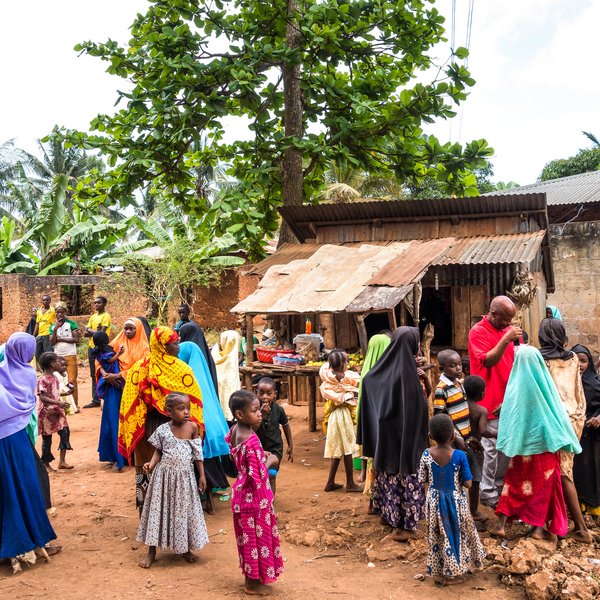The latest global assessment of land and housing tenure security reveals alarming trends. According to the 2024 Prindex Report, approximately 1.1 billion adults worldwide—23% of the adult population in 108 countries surveyed—feel insecure about their rights to property or land, with the number rising significantly over the past four years. This new report, based on data from 108 countries and covering 87% of the world’s adult population, highlights a disturbing upward trend in insecurity, with the situation worsening for millions, particularly in East Asia, the Pacific, and North America.
The report represents the first comprehensive global study tracking tenure insecurity over time, offering a deep dive into the causes of these perceptions and their implications for global policy. Despite international goals outlined in the UN Sustainable Development Goals (SDG 1.4), the findings show that the world is drifting further away from securing equal rights to land and housing for all by 2030.
Key Findings:
- 23% of adults globally report feeling insecure about their property rights, a rise from 19% in 2020. This marks an increase of 239 million adults over the past four years.
- Financial insecurity is a major driver, particularly in Upper Middle- and High-Income countries, where 9% of respondents cited financial issues like unpaid rent or mortgage as their top concern.
- The East Asia and Pacific region saw the sharpest rise, with an additional 176 million people reporting insecurity, predominantly in China.
- In contrast, improvements were observed in Burkina Faso, Kuwait, and Tunisia, where tenure insecurity dropped by 23, 20, and 14 percentage points respectively.
Malcolm Childress, lead author of the report, notes, "These findings are a wake-up call to policymakers globally. Tenure security is not just a problem for low-income countries—financial instability, eviction threats, and conflict are making property rights less secure for millions, including in the most developed nations.”
Rising threats: Financial pressure and conflict
The report underscores the growing influence of financial pressures, such as rising rent and mortgage costs, as primary contributors to insecurity, particularly in regions like North America and Europe. In total, 38 countries identified financial insecurity as the leading cause of tenure instability, a sharp increase from 24 countries in 2020.
The report also highlights conflict-related displacement as a significant issue in regions like Ukraine, where tenure insecurity surged by 23 percentage points. Countries with robust land governance systems, such as Ukraine, are working to mitigate these impacts through tracking displacement and planning for property reconstruction.
Policy recommendations:
- The report calls for country-specific interventions to address the diverse causes of tenure insecurity. These include:
- Financial safety nets and social protection policies to support renters and mortgage holders facing financial challenges.
- Expansion of affordable housing programs, including social housing and community land trusts.
- Increased efforts to address gender disparities, as women globally remain less likely to have secure property rights compared to men (40% versus 48%).
- Strengthening land governance systemsin conflict-affected regions to safeguard property rights and facilitate post-conflict recovery.
A call for global action
As the world nears the 2030 deadline for the Sustainable Development Goals, this report signals an urgent need for global and national institutions to recalibrate their strategies. The data suggest that some level of insecurity may be inevitable, but targeted policies can minimize risks and expand access to secure tenure.
"We are witnessing both familiar and new threats to tenure security," Childress adds. "Addressing these challenges requires both tried and tested solutions and innovative approaches that tackle the financial pressures, gender inequalities, and conflicts fuelling these rising insecurities."
The report recommends increasing investment and focusing on intersectoral approaches that address the multifaceted challenges of tenure insecurity, from financial instability to conflict displacement, to meet global targets.
For more information and to access the full report, visit Prindex's website.
Media contact:
Paula Alvarado
Prindex Communications Team
Email: [email protected]
WhatsApp: +46704886292


